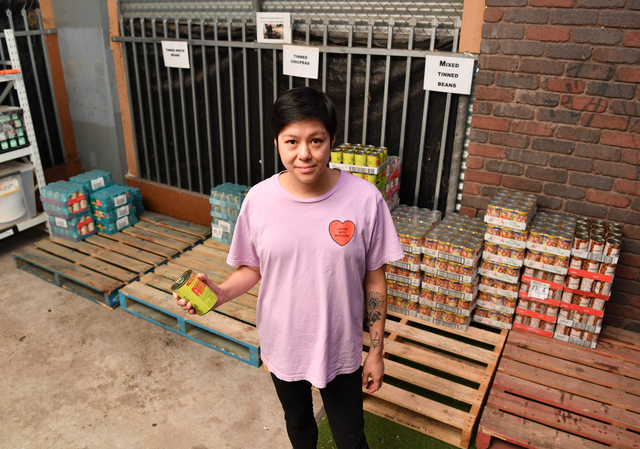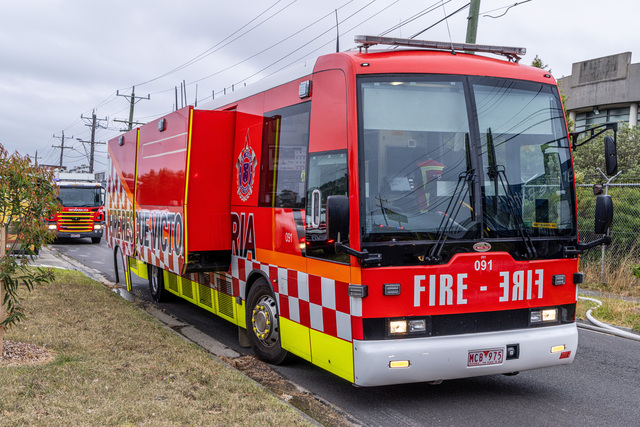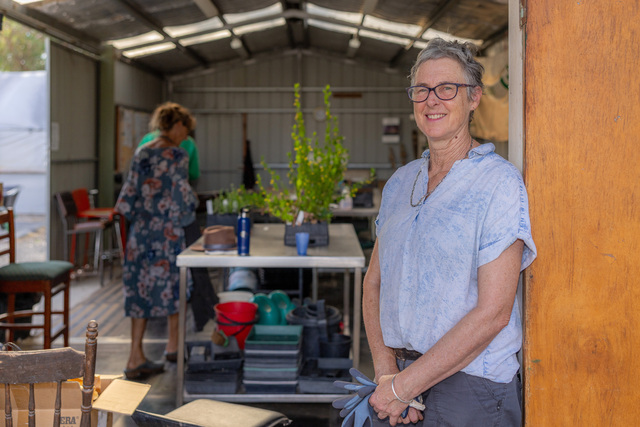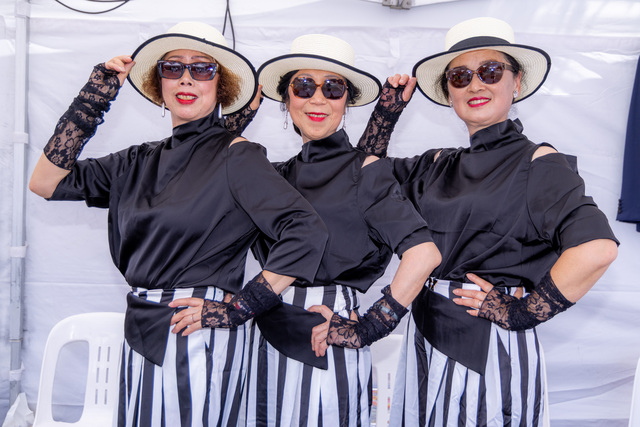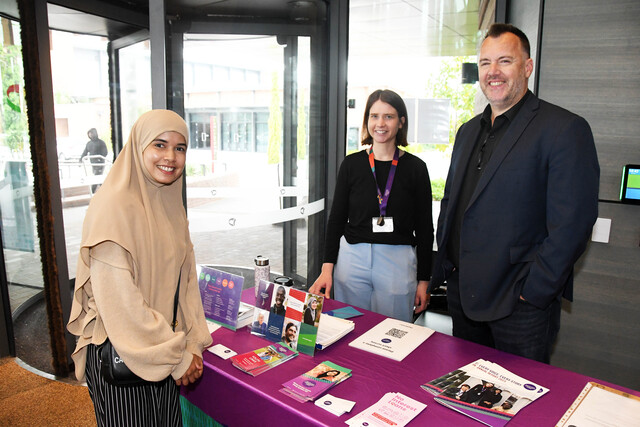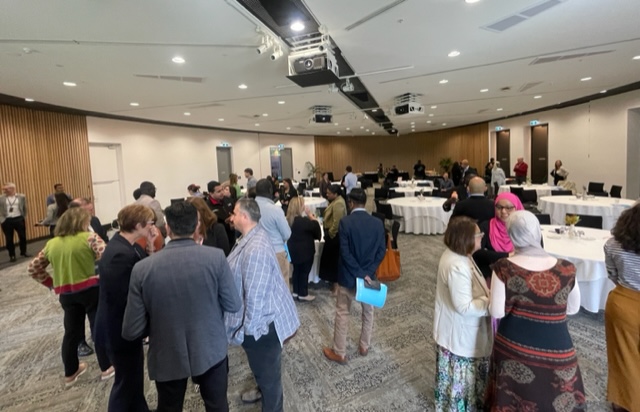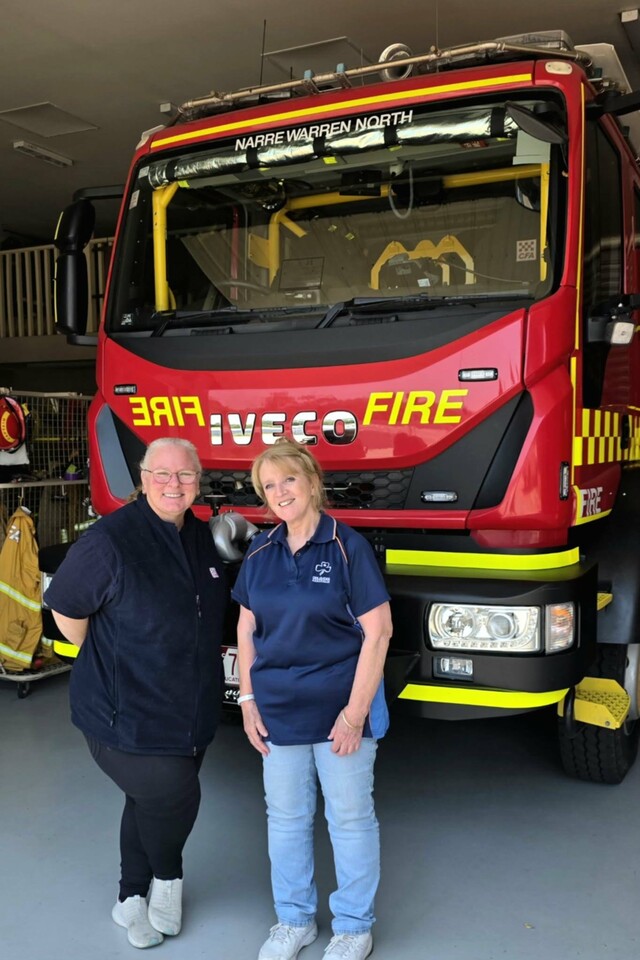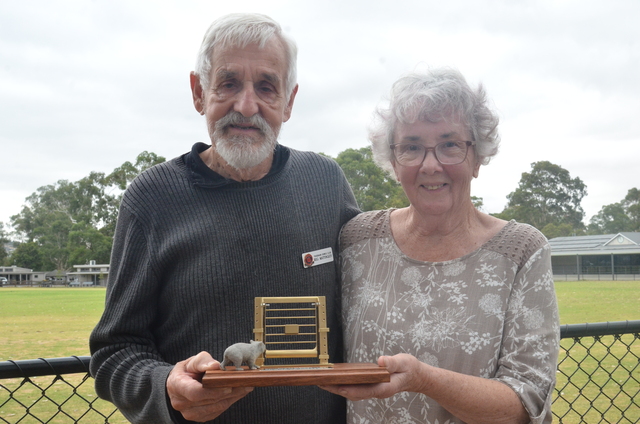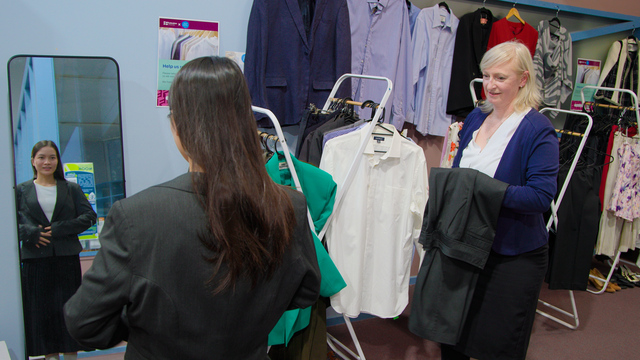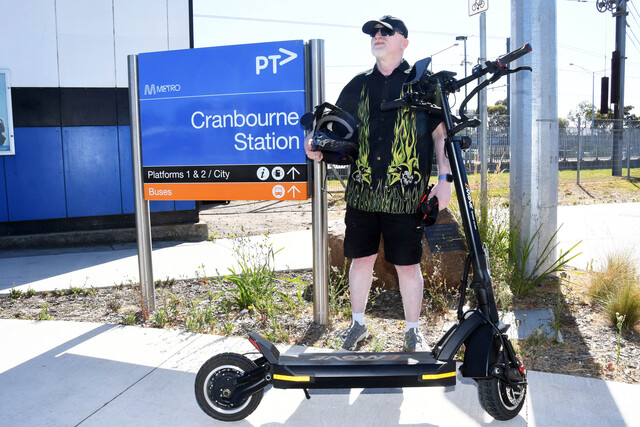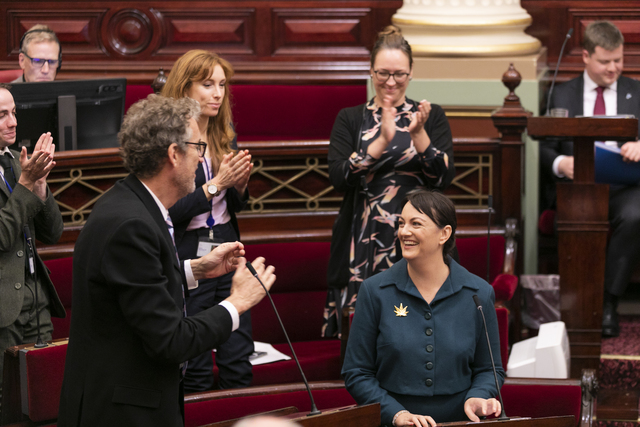Humanitarian organisation Asylum Seeker Resource Centre (ASRC) is feeling the brunt of the cost of living crisis, struggling to keep its food bank stocked,
The ASRC is Australia’s largest human rights organisation, providing support to people seeking asylum.
Each month the ASRC team supports more than 1000 refugees across its Footscray and Dandenong sites.
This is mostly done through providing a realistic shopping experience at its food bank.
Community food services manager Huyen Nguyen-Manh said the unique experience was created to maintain dignity and choice in what its clients would like to eat.
“We don’t provide set food baskets, people come in through the food bank in a shopping style and pick what they like,” she said.
“We have a maximum number of items they can retain based on their family size and how often they shop.”
Ms Nguyen-Manh said May was a challenging time for the ASRC, with the centre experiencing the highest number of visits to the food bank since reopening the centre post Covid in September 2022.
“With our clients facing challenging times and new families presenting to our centre, we have also seen a steady increase in the number of visits to our food bank,” she said.
“In the last seven months we saw an increase of 44 per cent in the number of people accessing our food bank, and an increase of 40 per cent in the number of visits.”
These numbers have left the food bank with limited stock.
“The food triage is very low, it is the lowest the team has ever seen which is quite concerning,” she said.
Ms Nguyen-Manh said the ASRC prides itself on providing culturally appropriate foods.
“We often get feedback from what people would like to see, but we have had to restrict that,” she said.
“We are trying to provide culturally appropriate foods but we can’t at the moment.”
In addition to cutting down on the variety of foods, Ms Nguyen-Manh said they are also having to make “tough decisions” on what are essential and non essential items.
“Essential items are bread, rice, pasta , yogurt, veggies and fruit,” she said.
“Deodorant is now an extra item, as well as biscuits, which would have both normally been an essential item.”
Other non-essential items are now Asian sauces and spreads like honey, peanut butter and tahini, which are limited and harder to get.
Ms Nguyen-Manh said community donations have also dwindled.
“We have seen a significant decrease in donations from the general community which highlights that the community is also struggling,” she said.
“Alongside an increase in people needing support, the decrease in donations is putting a strain on our service and budget.
“We heavily rely on the generosity and donations from the community to stock our shelves to support our clients.
“Our cohort has no right to work, no Medicare, no income, so the lack of support and extra added barriers makes it harder for them to shop.
“More than ever we need the community’s help, food can be dropped off at both centres in Footscray and Dandenong, as well as other donation drop off points across Melbourne.”

